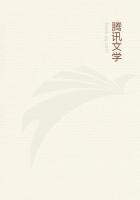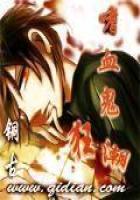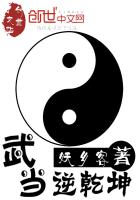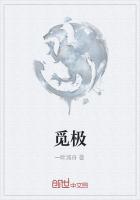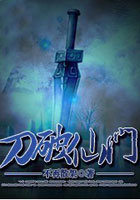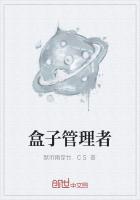THE PHALLIC ELEMENT IN ALCHEMICAL DOCTRINETHE problem of alchemy presents many aspects to our view, but, to my mind, the most fundamental of these is psychological, or, perhaps Ishould say, epistemological. It has been said that the proper study of mankind is man; and to study man we must study the beliefs of man.
Now so long as we neglect great tracts of such beliefs, because they have been, or appear to have been, superseded, so long will our study be incomplete and ineffectual. And this, let me add, is no mere excuse for the study of alchemy, no mere afterthought put forward in justification of a predilection, but a plain statement of fact that renders this study an imperative need.
There are other questions of interest--of very great interest--concerning alchemy: questions, for instance, as to the scope and validity of its doctrines; but we ought not to allow their fascination and promise to distract our attention from the fundamental problem, whose solution is essential to their elucidation.
In the preceding essay on "The Quest of the Philosopher's Stone,"which was written from the standpoint I have sketched in the foregoing words, my thesis was "that the alchemists constructed their chemical theories for the main part by means of _a priori_ reasoning, and that the premises from which they started were (i.) the truth of mystical theology, especially the doctrine of the soul's regeneration, and (ii.) the truth of mystical philosophy, which asserts that the objects of nature are symbols of spiritual verities." Now, I wish to treat my present thesis, which is concerned with a further source from which the alchemists derived certain of their views and modes of expression by means of _a priori_ reasoning, in connection with, and, in a sense, as complementary to, my former thesis.
I propose in the first place, therefore, briefly to deal with certain possible objections to this view of alchemy.
It has, for instance, been maintained[1] that the assimilation of alchemical doctrines concerning the metals to those of mysticism concerning the soul was an event late in the history of alchemy, and was undertaken in the interests of the latter doctrines.
Now we know that certain mystics of the sixteenth and seventeenth centuries did borrow from the alchemists much of their terminology with which to discourse of spiritual mysteries--JACOB BOEHME, HENRY KHUNRATH, and perhaps THOMAS VAUGHAN, may be mentioned as the most prominent cases in point.
But how was this possible if it were not, as I have suggested, the repayment, in a sense, of a sort of philological debt?
Transmutation was an admirable vehicle of language for describing the soul's regeneration, just because the doctrine of transmutation was the result of an attempt to apply the doctrine of regeneration in the sphere of metallurgy; and similar remarks hold of the other prominent doctrines of alchemy.
[1] See, for example, Mr A. E. WAITE'S paper, "The Canon of Criticism in respect of Alchemical Literature," _The Journal of the Alchemical Society_, vol. i. (1913), pp. 17-30.
The wonderful fabric of alchemical doctrine was not woven in a day, and as it passed from loom to loom, from Byzantium to Syria, from Syria to Arabia, from Arabia to Spain and Latin Europe, so its pattern changed; but it was always woven _a priori_, in the belief that that which is below is as that which is above.
In its final form, I think, it is distinctly Christian.
In the _Turba Philosophorum_, the oldest known work of Latin alchemy--a work which, claiming to be of Greek origin, whilst not that, is certainly Greek in spirit,--we frequently come across statements of a decidedly mystical character. "The regimen," we read, "is greater than is perceived by reason, except through divine inspiration."[1] Copper, it is insisted upon again and again, has a soul as well as a body; and the Art, we are told, is to be defined as "the liquefaction of the body and the separation of the soul from the body, seeing that copper, like a man, has a soul and a body."[2] Moreover, other doctrines are here propounded which, although not so obviously of a mystical character, have been traced to mystical sources in the preceding excursion. There is, for instance, the doctrine of purification by means of putrefaction, this process being likened to that of the resurrection of man.
"These things being done," we read, "God will restore unto it [the matter operated on] both the soul and the spirit thereof, and the weakness being taken away, that matter will be made strong, and after corruption will be improved, even as a man becomes stronger after resurrection and younger than he was in this world."[1b]
The three stages in the alchemical work--black, white, and red--corresponding to, and, as I maintain, based on the three stages in the life of the mystic, are also more than once mentioned.
"Cook them [the king and his wife], therefore, until they become black, then white, afterwards red, and finally until a tingeing venom is produced."[2b]
[1] _The Turba Philosophorum, or Assembly of the Sages_(trans. by A. E. WAITE, 1896), p. 128.
[2] _Ibid_., p. 193, _cf_. pp. 102 and 152.
[1b] _The Turba Philosophorum, or Assembly of the Sages_(trans. by A. E. WAITE), p. 101, _cf_. pp. 27 and 197.
[2b] _Ibid_., p. 98, _cf_. p. 29.
In view of these quotations, the alliance (shall I say?)between alchemy and mysticism cannot be asserted to be of late origin.
And we shall find similar statements if we go further back in time.
To give but one example: "Among the earliest authorities,"writes Mr WAITE, "the _Book of Crates_ says that copper, like man, has a spirit, soul, and body," the term "copper" being symbolical and applying to a stage in the alchemical work.

